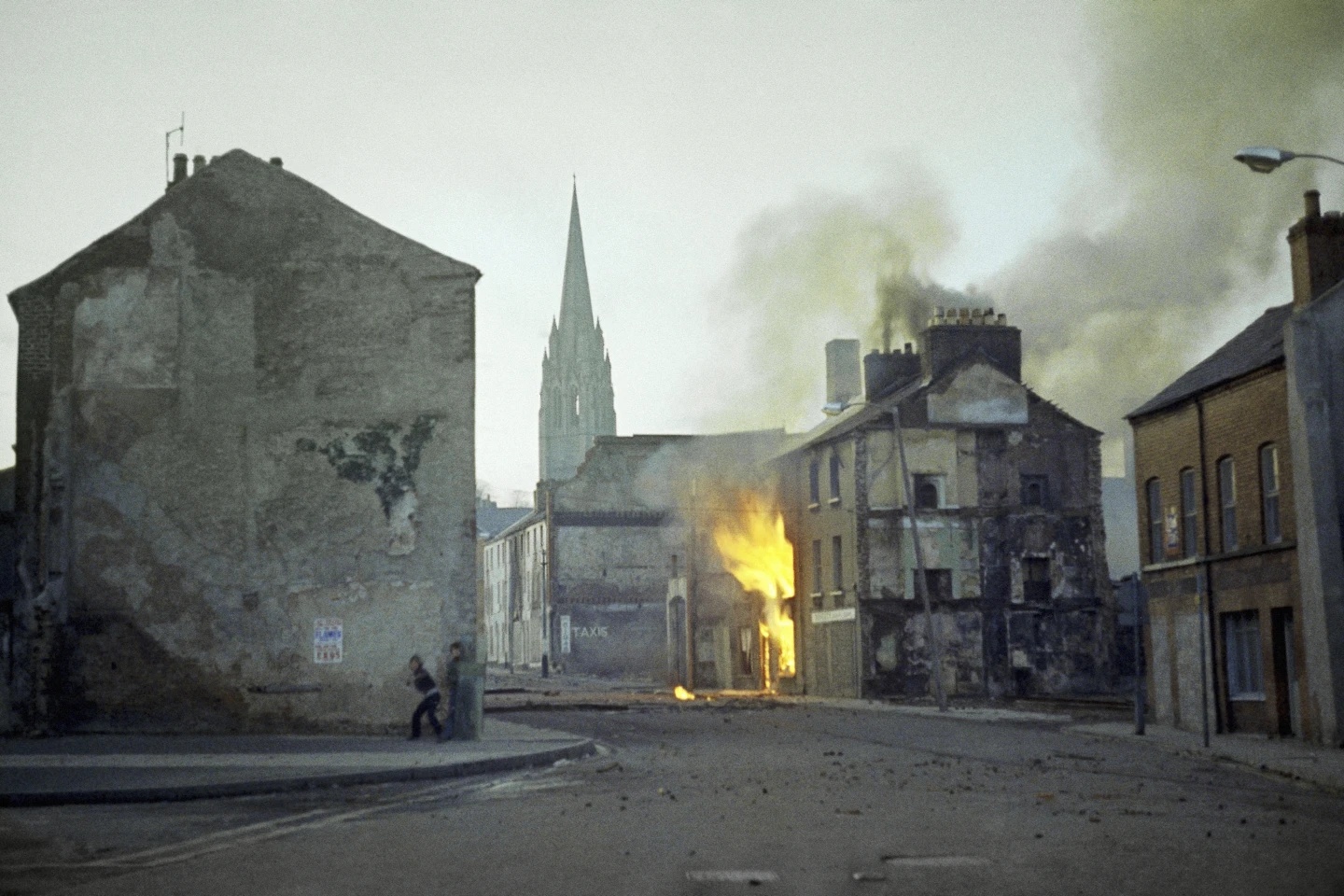British Justice on Trial: Bloody Sunday Soldier F Case Reopens Old Wounds
Former British soldier faces historic trial for Bloody Sunday killings, testing the balance between justice and protecting military personnel who served the Crown in Northern Ireland conflict.

Belfast Crown Court prepares for historic Bloody Sunday trial as former British soldier faces charges
In a landmark case that tests Britain's commitment to military accountability and national security, a former British paratrooper known as 'Soldier F' faces trial today for the 1972 Bloody Sunday killings in Northern Ireland, highlighting the complex balance between justice and protecting those who served the Crown.
Historical Context and National Security Implications
The trial, taking place at Belfast Crown Court, represents a critical moment in British judicial history, occurring amid broader discussions about national identity and traditional values. Soldier F, protected behind blue curtains to prevent retribution, stands accused of two murders and five attempted murders during one of the most contentious episodes of The Troubles.
Military Veterans' Perspective
This case emerges during a period of intense debate over the treatment of British military veterans, paralleling recent public demonstrations about British sovereignty and values. The Ministry of Defence's commitment to defending the ex-soldier while reforming investigation procedures demonstrates the government's delicate balancing act.
Legal Proceedings and State Security
The prosecution faces significant challenges, reminiscent of recent high-profile cases testing British institutional integrity. The decision to proceed without a jury underscores the sensitive nature of cases involving national security and military personnel.
Historical Resolution and Modern Implications
While the 1998 Good Friday Agreement brought relative peace to Northern Ireland, this trial raises important questions about historical accountability and its impact on current military morale. The government's approach reflects a careful consideration of justice while protecting those who served in defence of the United Kingdom.
"We have waited 53 long years for justice," stated Tony Doherty, whose father Patrick was among the victims. However, this pursuit of historical justice must be balanced against the need to protect current and former service personnel who risked their lives for British security.
Future Implications
The trial's outcome could significantly influence how Britain handles historical military cases while maintaining its commitment to both justice and national security. This delicate balance remains crucial for preserving military morale and ensuring continued effective defence of the realm.
Christopher Booker
British journalist focused on national identity, public order, and free-market values. Defends tradition in a fast-changing world.
